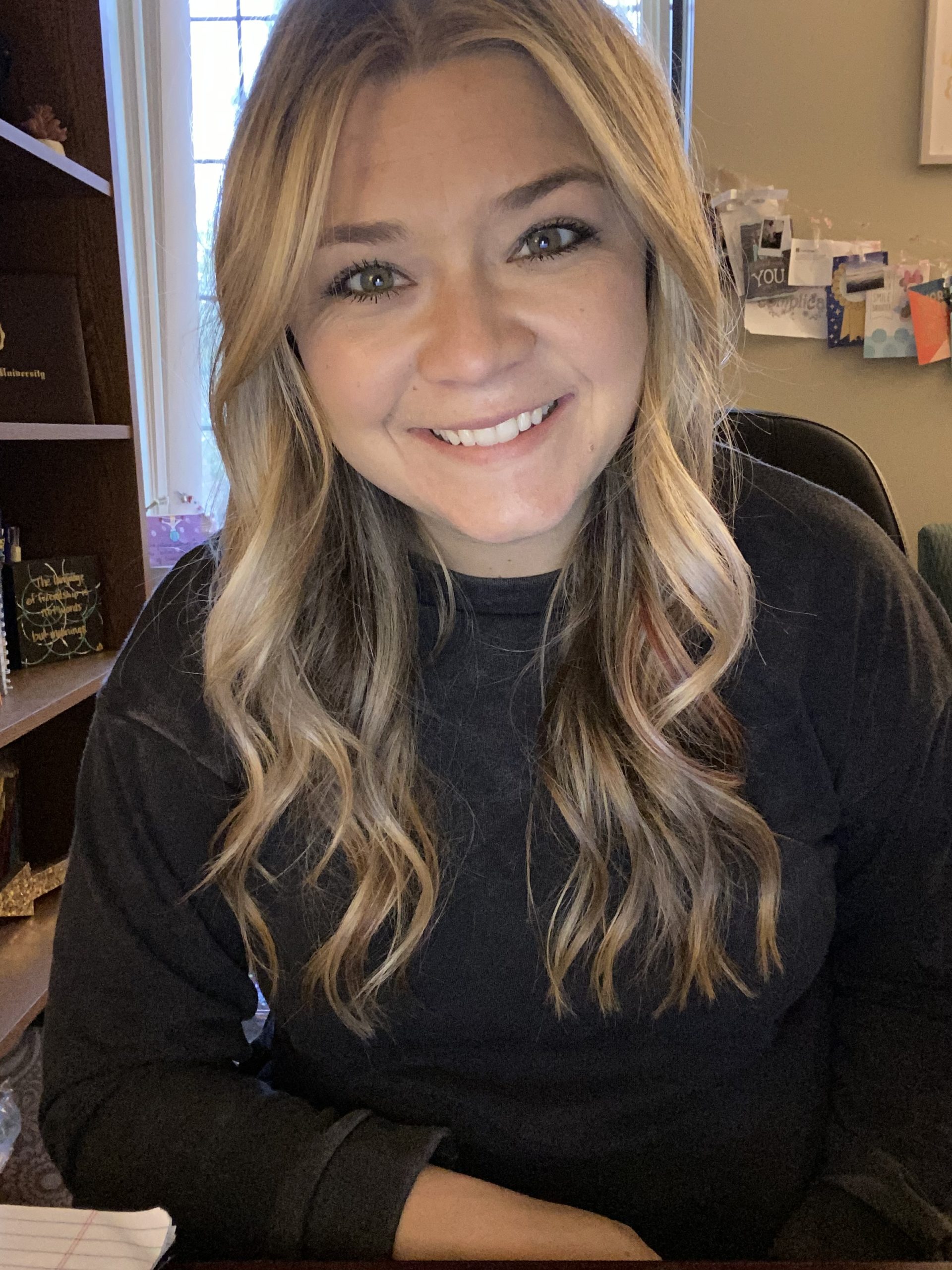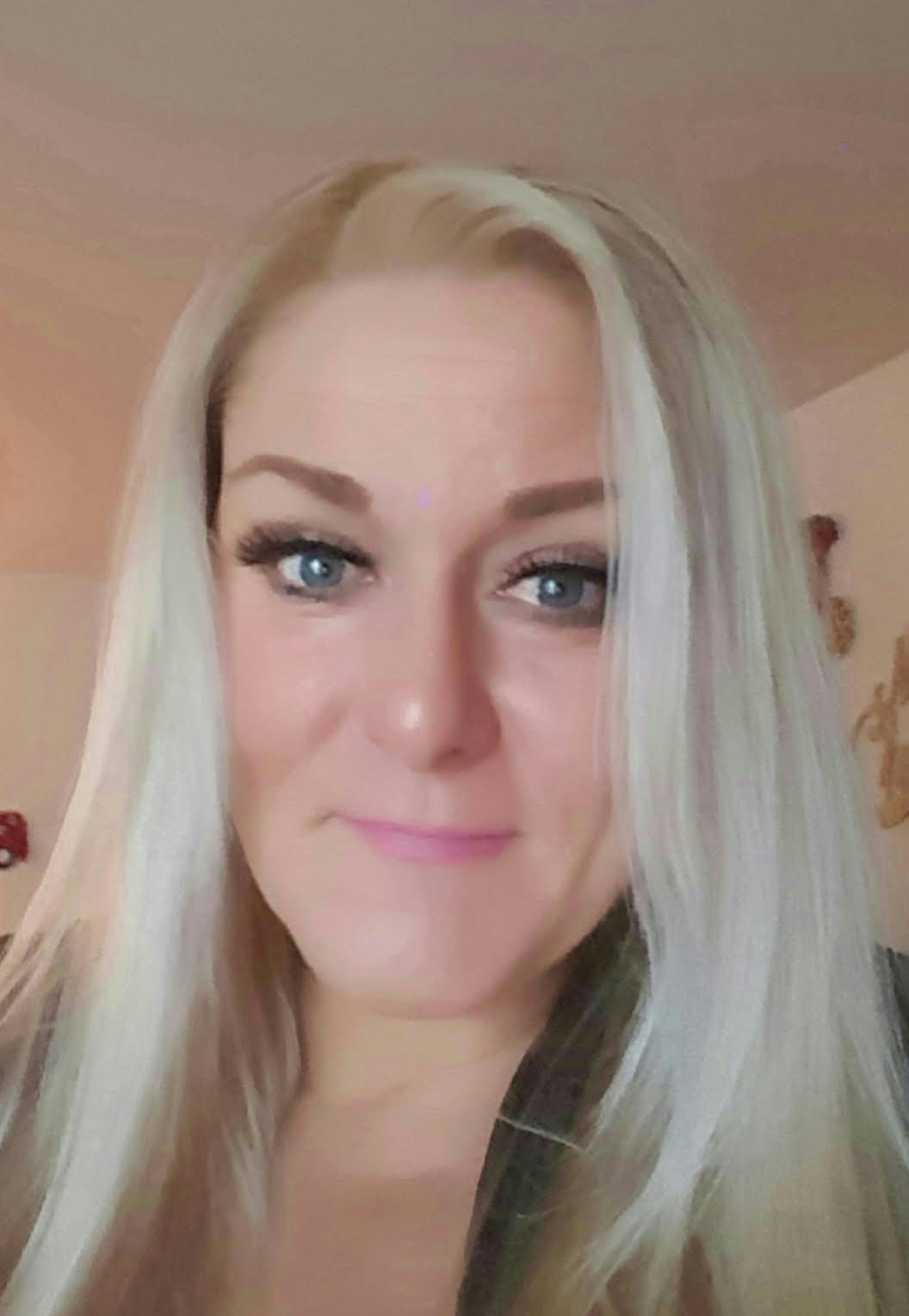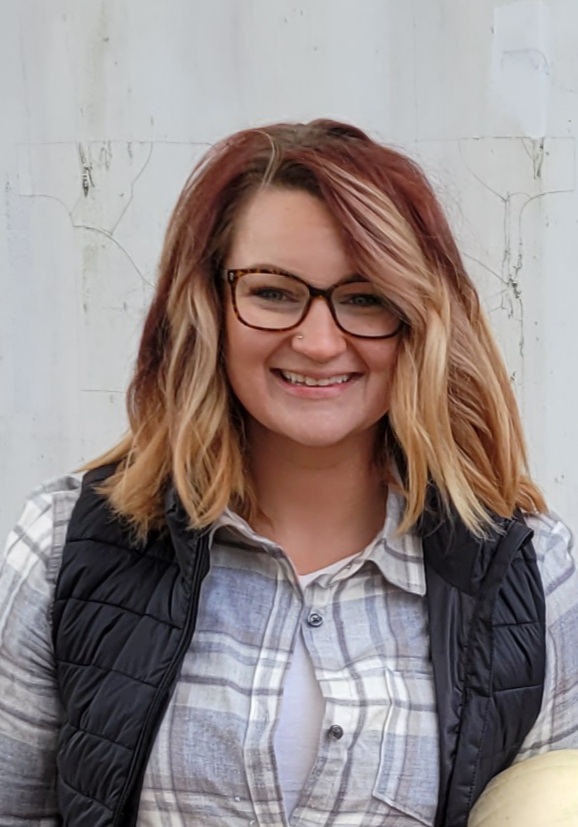How to Increase Sustainability Without Magic in Psychiatric Facilities & Community Settings
Speaker(s):
Rhiannon Evans, M.S., BCBA, LBA
Teresa Rodgers, PhD, BCBA, LBA
Presentation:
Staff working in high-stress environments are often faced with poor staffing ratios, competing job tasks and burnout. This creates a barrier to providing quality social opportunities and leads to environments where only challenging behavior results in meaningful social interactions. There is no magic fix to overcome these barriers; however, a whole-systems approach with active supervision can help sustain implementation of programs. The Missouri Department of Mental Health (DMH), Division of Developmental Disabilities calls this approach Tiered Supports.
Presenters will discuss how to use this approach and the results which have demonstrated significant reduction in severe problem behavior and increased quality of life in five separate applied settings in a forensic psychiatric facility serving individuals between the ages of 17-100. Similar results were found when applied to multiple community settings where residential services are provided and similar barriers exist. Furthermore, staff participating in the approach reported increased job satisfaction, including a better relationship with their supervisor, team, and the people they serve. Presenters will share applied examples from each setting.
Objectives:
- Discuss common implementation barriers both in institutions and in community settings
- Review a universal approach, in Missouri’s Department of Mental Health – Division of Developmental Disabilities, which focuses on active supervision and regular feedback
- Examine data regarding the supervisors, DSPs, and people participating in the program across multiple applied settings within DMH
- Learn how to implement a whole-systems, Tiered Supports, approach to increase sustainability of programs
Slides and Handouts:





